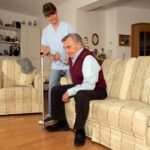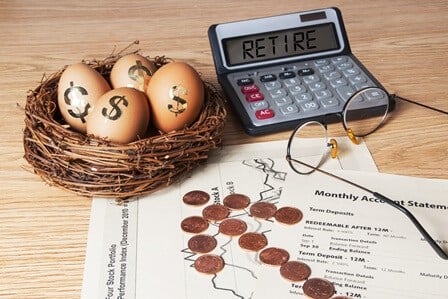
Signs a Parent Needs Home Care Assistance
April 14, 2016
Seniors and Insomnia Help for the Elderly
April 20, 2016This article discusses the importance of completing an in-home safety checklist for seniors. If you have an aging parent at home, at some point you will have to decide if it is still safe for them to live in their home or if they should move into an assisted living facility. One of the key considerations in making this decision is the safety of their home. The elderly have additional home safety requirements to ensure they can maintain their quality of life and avoid having an accident in the home. These requirements range from additional lighting to help them navigate their home’s interior to grab bars in the bathroom to reduce the risk of falls.
To help you understand the safety features that are required in their home here is a home safety checklist for seniors.
Is There Sufficient Lighting in Their Home?
As a person ages, the quality of their night vision decreases and they struggle to make out objects in poorly illuminated environments. The home should be very well lit so your parents can navigate their way through without any falls or accidents.
It should also have some features that make using lights simple, including:
- Light switches at the top and bottom of stairways
- Nightlights in all bedrooms, bathrooms and hallways
- Large flat light switches that are easy to turn on and off for seniors with arthritis
Are There Grab Bars in The Bathrooms?
Bathrooms can be a dangerous location for the elderly. Hard surfaces that become slippery from water and soap can easily cause a fall. There should be grab bars installed to help your parent move around the bathroom, located in the bath tub, shower and next to the toilet.
You should also consider installing the following pieces of equipment to make the bathroom safer:
- Rubber non-slip bath mats in the shower or bath tub
- Non-slip area rugs on the bathroom floor for entering and exiting the bathtub or shower
- A bath seat and handheld shower to make bathing easier
- A raised toilet seat to make getting onto and off the toilet easier
- A nightlight so your parent can see well if they need to go to the toilet in the middle of the night
Does Their Home Have Handrails on Staircases?
Staircases are another fall hazard in their home. The main requirements for staircases are sturdy secure handrails to help your parent maintain their balance and avoid a fall. Ideally, these handrails should be on both sides of the stairwell. In addition to sturdy handrails, you should consider installing a:
- Non-skid surface on stairs
- Adequate lighting sources with light switches at the top and bottom of the stairs
- Stairlift
- Nightlights
You should also remove clutter from the stairwell and make sure carpet on the stairs is well secured with fasteners.
Are Smoke Detectors in Every Room?
Your elderly parents may not be able to install or maintain fire safety equipment, so you will need to do it on their behalf. Smoke detectors and a carbon monoxide detector should be installed in their home. These devices must be properly maintained with batteries replaced in accordance with manufacturer recommendations.
You should also purchase a small ABC type fire extinguisher for the kitchen and show your parents how to use it.
Are Floors in Good Condition and Free of Trip Hazards?
Floors should be examined for any potential trip hazards that may cause your parent to fall. That includes loose floorboards, frayed carpets and cracked linoleum. The floor should be a smooth surface with no objects that can cause a fall.
Remove any clutter that is on the floor and make sure there are no extension cords running across hallways or entrance points to rooms. Reduce the number of rugs you use in the house, as they can be trip hazards. If you really want to use rugs, tape or secure them to the floor and walls with double sided tape so they do not move around and create a trip hazard.
Can Your Parent Get Help if They Need it?
It is important that your parent has multiple ways of obtaining help if they need it. That should include an emergency response system that can be activated with the press of a single button. It will alert health care providers and relatives, letting them know there is a problem. This is particularly important if you have a parent who is living alone. The emergency response device can be worn around their neck so if they have a fall, they can still activate the device to obtain help.
The home should be fitted with a home security system to reduce the risk of an intruder entering the premises. It is also a good idea to have a first-aid kit in their home.
You will need to create a list of emergency contacts that will be placed next to the telephones in their home. Ideally, important phone numbers will be programmed into the phone so your parents can obtain help with the press of a single button. There should be a phone in their bedroom on an end table bedside as well as the main living area.
The Home Should Be Secured
If you have an elderly parent living at home by themselves, security is particularly important. There should be security screens on the windows and the doors. The front door should also have deadbolts and there must be adequate outdoor lighting.
Appliances Must be Safe
If your parent uses a heater in the home, you must ensure that it is at least 4 feet away from combustible materials. If your parent is using oxygen tanks, keep them well away from other electrical appliances and heaters. Make sure it’s a newer model that has the tip over automatic shut off safety feature.
If you are interested in learning more about the in-home safety checklist for seniors or the non-medical home care services from All Heart Home Care, contact us at 619-736-4677 for a free in-home consultation.








